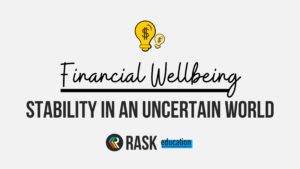Financial planners/advisers take into consideration your current financial situation, your needs and objectives to design strategies and recommend products that will help you reach your financial goals.
They’re like the Fat Controller of personal finances.
How much do financial planners cost?
Contrary to popular belief, financial planning is not only for people who own 100ft yachts and 4-acre mansions.
Receiving advice can cost less than $500 for simple advice.
Why are financial planners important?
Every person’s financial situation and goals are different, they can also be very complex. Even if a financial planner cannot answer all of your questions, chances are, they will be able to put you in contact with other qualified professionals like accountants, solicitors, estate planners and finance brokers to design appropriate strategies.
Can a financial planner give me advice on anything?
Financial planners may only be qualified to give you advice on certain products. For example, a financial planner may be qualified to give you insurance and superannuation advice, but may not provide advice on investing in shares. Your financial planner should inform you of what they can and cannot do.
Further to this, some financial planners will only recommend products or services on their approved product list or APL. For example, you may want your financial planner to give you a loan from Commbank, but due to her firm’s Approved Product List she can only provide advice on loans from NAB.
How do I know if my planner is properly qualified?
Regardless of what type of advice a planner says they provide, all financial planners must hold or work under an Australian financial services licence as an authorised representative of a licence holder. This licence is administered by ASIC.
What should I look out for?
Your financial planner should be upfront on the fees they charge.
ASIC requires all financial planners to offer retail clients (read: good ol’ Aussie battlers like you and me) a financial services guide or FSG before giving the advice. This document is very important and should tell you in plain language the types of fees you are paying and how they are billed. Read this document carefully.
For example, financial planners may receive a commission on certain financial products they recommend. You don’t pay these fees directly. Instead, the adviser may be paid this fee from the insurance provider, for example.
Bottom line: Don’t be afraid to negotiate fees.
[ls_content_block id=”27643″ para=”paragraphs”]



